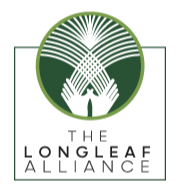Assessing Regional Connectivity in Current and Future Landscapes
Connectivity among conservation reserves has long been recognized as necessary for long-term persistence of populations and continued evolution in anthropogenically-dominated landscapes.
Long-distance connectivity becomes increasingly important in the face of climate change, to allow species to shift their ranges in response to changing conditions. In the Designing Sustainable Landscapes project, we are modeling landscape response to climate change and urban growth in the Northeast over the next 70 years. We model response both by representative species and in a coarse-filter assessment of ecological integrity. In this talk, I’ll focus on how we assess connectivity at both local and regional scales, with the goal of assisting practitioners in protecting and restoring important connections among reserves.
Speaker: Brad Compton, Department of Environmental Conservation, University of Massachusetts Amherst


























